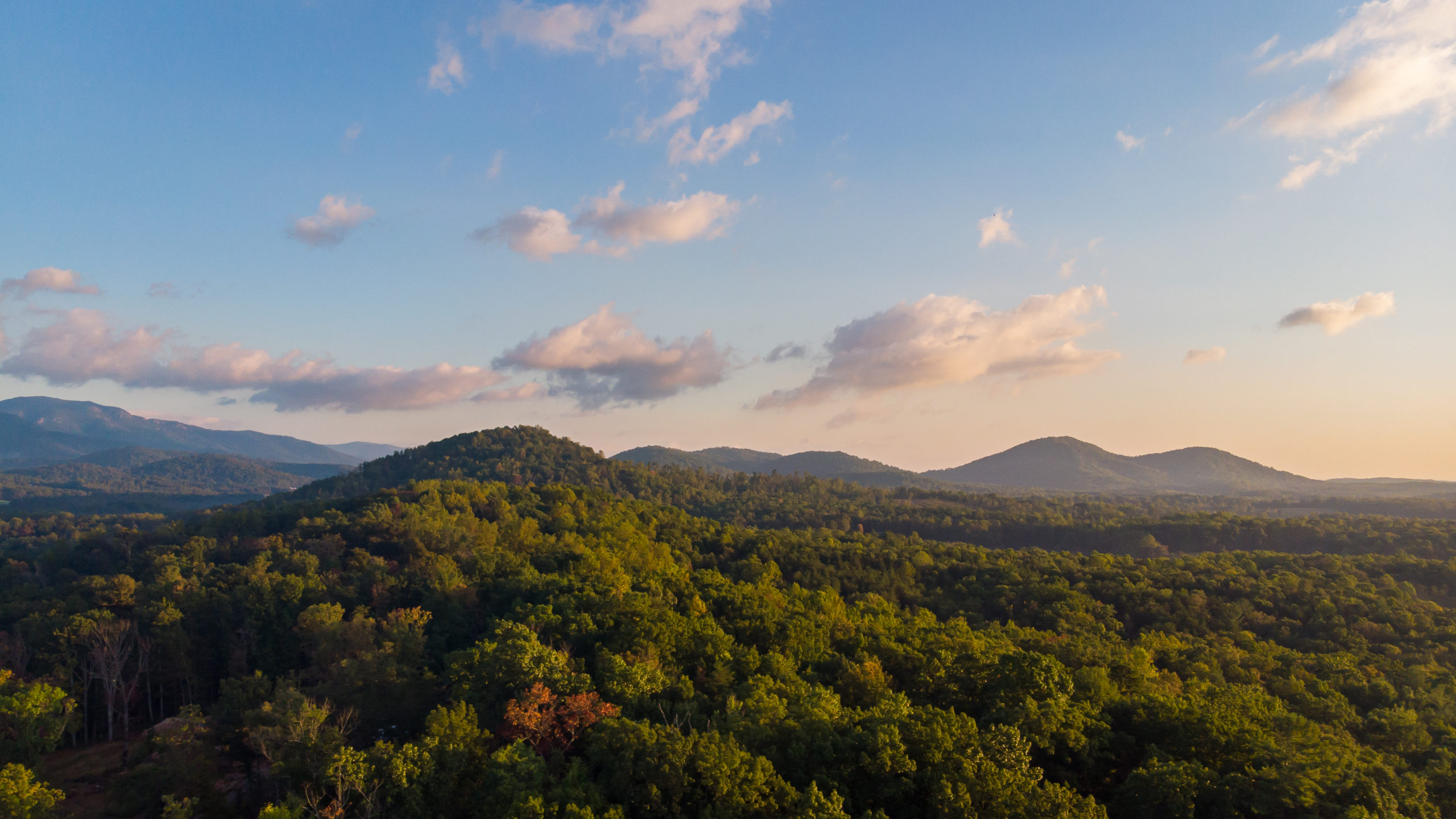
Contact:
Kelley Galownia
The Nature Conservancy
Mobile: 571-403-4625
Email: Kelley.Galownia@tnc.org
A newly released survey demonstrates overwhelming support for the General Assembly increasing investments in conservation efforts to protect land, water, and wildlife across the commonwealth. The study revealed that more than three-quarters of Virginia voters, throughout the state and across party lines, are supportive of the General Assembly dedicating $300 million annually in conservation efforts to protect Virginia’s natural resources. The survey was conducted by the bipartisan research team of New Bridge Strategy (R) and FM3 Research (D) and funded by The Nature Conservancy, The Piedmont Environmental Council and Trust for Public Land.
“I’m not surprised that the voters and taxpayers of Virginia have chosen to prioritize conservation and recreation,” said Senator Chap Petersen of Fairfax. “Now more than ever people want to enjoy the great outdoors in Virginia. There is no better time to do it. And it is worth investing in.”
The survey, completed on June 1, 2021, found that Virginians not only support increasing state investment in conservation, but would also ask their elected representatives in the General Assembly to support such a dedication of funds. Despite a very different economy today, the same proportion as in 2007 believe that conservation deserves funding, even when the General Assembly faces tough budget decisions. Similarly, nearly all Virginians agree that investing in conservation benefits the state economy.
This survey demonstrates that Virginians across the Commonwealth expect state government to protect our natural resources for future generations.
-Senator Emmett Hanger
“Virginia’s lands and waters are second to none,” said Senator Emmett Hanger of Augusta County. “This survey demonstrates the Virginians across the Commonwealth expect state government to protect our natural resources for future generations.”
Over the last 50 years, Virginia’s population has doubled, growing to more than 8 million citizens, and the demands on the commonwealth’s land and water have never been greater. Recently, the COVID-19 pandemic has drawn even more Virginians to the outdoors, with parks and natural areas seeing record-breaking attendance over the last year.
Despite these growing demands and support among Virginians for strong conservation, Virginia’s investment in natural resources has not kept pace with the pressures or demand for more protection. Annual conservation spending has routinely fallen below one percent of the commonwealth’s total budget. Additionally, funding levels have been inconsistent.
The Piedmont Environmental Council (PEC) was founded in 1972 to promote and protect the Virginia Piedmont’s natural resources, rural economy, history and beauty. Headquartered in Warrenton, VA, we have offices throughout a nine-county Piedmont region that includes Albemarle, Clarke, Culpeper, Fauquier, Greene, Loudoun, Madison, Orange and Rappahannock counties. Learn more about PEC’s work at pecva.org.
The Trust for Public Land (TPL) was founded in 1972 on the conviction that all people need and deserve access to nature and the outdoors, close to home, in the cities and communities where they live, as a matter of health, equity, and justice. While many conservation organizations set aside wildlands for biodiversity or habitat restoration, our founders sought to bring the benefits of parks and nature to the places, people, and communities that needed them most. Learn more at tpl.org.
The Nature Conservancy (TNC) is a global conservation organization dedicated to conserving the lands and waters on which all life depends. Guided by science, we create innovative, on-the-ground solutions to our world’s toughest challenges so that nature and people can thrive together. We are tackling climate change, conserving lands, waters and oceans at an unprecedented scale, providing food and water sustainably and helping make cities more sustainable. Working in 72 countries and territories: 38 by direct conservation impact and 34 through partners, we use a collaborative approach that engages local communities, governments, the private sector, and other partners. To learn more, visit www.nature.org or follow @nature_press on Twitter.
